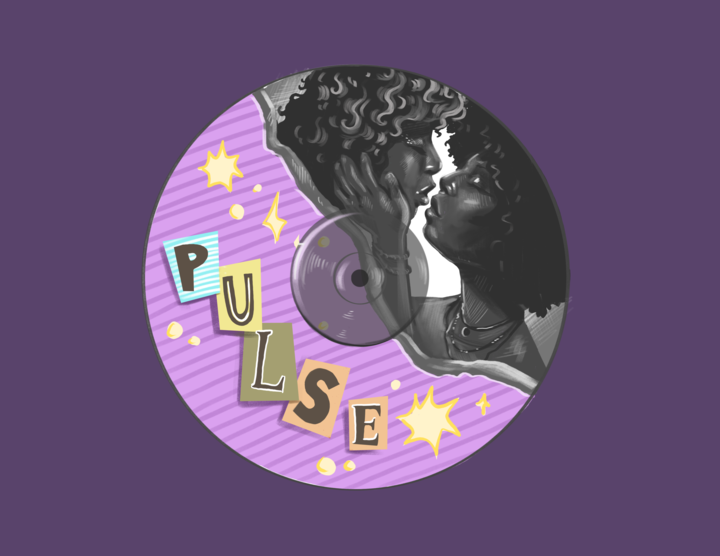
Janelle Monáe explores Black Queer sensuality in ‘The Age of Pleasure’
Janelle Monáe has established themself as one of the most influential Black queer icons of our time. The 38-year-old has made their multifaceted queerness — identifying as pansexual, nonbinary and polyamorous — known for years, and has never been scared to flaunt it on the highest possible stages. Monáe has made it clear that they will not tone down their flamboyance for anyone, from the tuxedo they wore in their song “Tightrope” to their campy Met Gala outfits and dazzling performance of “Make Me Feel” at the 2019 Grammy Awards. Whether you like it or not, they’re here.
Monáe’s 2018 experimental album-emotion picture “Dirty Computer” was an amazing exploration into the psyche of queer femme sensuality, heartbreak and American Blackness. Despite the tall task, Monáe was able to make a project as good, if not better, five years later. “The Age of Pleasure” came out in June 2023 and was recognized for its genius instantly. The album reached 17 on the Billboard 200 and received two Grammy nominations. It’s fun, genreless form guarantees that it has something for everyone — everyone who is willing to come along for the ride, that is.
“The Age of Pleasure” instantly transports me back to New York City in June, complete with days spent in Washington Square Park among the NYU transplants and young queer people hopelessly in love. I’m reminded of the magnitudes of joy that compel people to go barefoot in the disgusting fountains — unfortunately, I’ve been one of those people — and the freedom of self-acceptance, the freedom of not owing anyone anything.
Monáe seamlessly travels between genres, never quite landing squarely in one. They jump from rap to Afrobeats to pop, and the sounds come together to create an all-senses experience.
With lyrics like “I like lipstick on my neck/It let me know I’m your number one select” and “Baby, if you pay me in pleasure/I’ma keep it coming forever,” sexuality is clearly at the forefront of Monáe’s mind. Music about sex is obviously nothing new, but this unabashed reverence of Black women’s bodies and queer sex in particular is special.
Monáe has faced a considerable amount of criticism for their supposed vulgarity, and “The Age of Pleasure,” offers no apologies, as the title suggests. In fact, “Float,” the first single from the 2023 rollout and first song on the album, is a proud declaration of their unbotheredness. They assert that they “are not the same” as they once were, and that they are now able to “float” over the negativity, giving way to a new, liberated way of being.
In short, this album works because it is just fun. As one X user put it, “This album is everything the title promises, and more. The Age of Pleasure makes me feel like ME. Fun, free, sexy, wild, black. And those Fela inspired afrobeat flavours reach my very soul. Go to track for instant boost: Phenomenal.”
“Phenomenal” is indeed an energizer — Monáe collaborates with upcoming rapper Doechii to make an ode to themself, during which they sing to their “phenomenal waist,” their “phenomenal taste,” the freeing feeling of dancing by oneself and much more. Even without saying it, it’s clear that Monáe and Doechii are speaking to Black women and queer people and telling them that it’s okay to be cocky, a sentiment too rarely shared. Its authenticity makes you want to put the song on replay and dance until you can’t anymore.
Sex is clearly not a chore to Monáe, which, as simple as it sounds, is special. They are connected with their body and its needs in a way that most people socialized as women are not allowed to be: The cover picture shows the limitless bounds of exploration, both worldly and bodily.
“Only Have Eyes 42” is the perfect example. The record’s penultimate track is quite possibly the first song I’ve ever heard about polyamorous love. In it, Monáe describes a scene of initially shy exploration into a new form of love, and it sounds as if they’ve discovered new universes in the eyes of both their lovers.
Despite being almost entirely about sex with other people, this album is still more about Monáe than anyone else. They are not writing to express their undying loyalty to a lover, but rather to themself. They repeatedly commit to themself by allowing themself to experience, and to live in their “age of pleasure.”
Post a comment